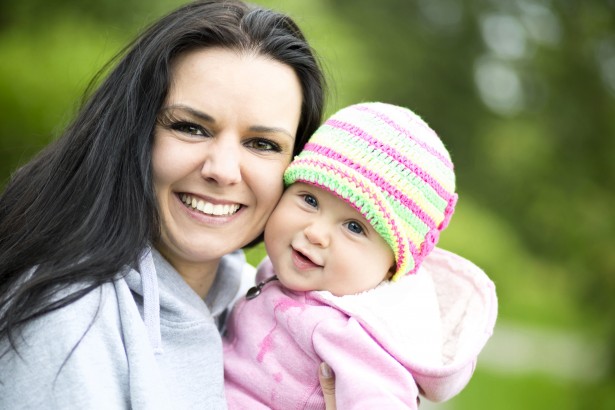For many couples, having a child marks the beginning of a new chapter in their lives. Traditionally, this phase starts with the woman becoming pregnant and giving birth after nine months. However, some women may not be able to conceive because of fertility issues or medical conditions. When that happens, a couple may opt for adoption. Another way of starting a family is through surrogacy.
Generally, surrogacy refers to a procedure wherein another woman agrees to become pregnant on behalf of a couple. Once she gives birth, she will surrender the baby to the intended parents.
Understanding Egg Donation
Doctors may recommend surrogacy and in-vitro fertilization (IVF) to couples. Basically, IVF is the procedure that combines a sperm with an egg outside the body for fertilization. The embryo will then be transferred into a surrogate mother.
Egg donation refers to the process wherein a fertile woman donates her eggs to help another woman conceive a child. Some hopeful parents can use their own eggs in creating embryos for the surrogate mother. However, infertility can make that impossible for some couples. In such cases, you can work with an agency that has an egg donor database.
- Frozen egg donation – A common choice for many hopeful mothers who have medical issues is frozen egg donation. In this scenario, some of the eggs of a woman will be removed so that they can be preserved in a cryobank. These frozen eggs will be stored until a hopeful family wishes to have a baby. Specialists will retrieve the egg and introduce a sperm, which may or may not be from the intended father. Once there is confirmation of fertilization, it will be implanted in the surrogate mother.
- Fresh egg donation – In this type of egg donation, specialists will harvest the egg from either the hopeful mother or a donor. There will be no cryogenic preservation.
Finding Egg Donors
A couple may wonder where and how to find an egg donor. The good news is that there is no need for you to figure things out on your own. You can get advice from a fertility doctor or counselor. You may also work with a reliable surrogacy agency.
The process typically starts with matching. Intended donors can choose from an extensive egg donor database. So, how can you have access to such a database?
Well, you can check out the common sources for finding egg donors. You can choose one or check out all of them so that you will have more options.
- Fertility Clinics – Some clinics offering IVF treatment also have a database of donors.
- Egg Donor Agency – Some agencies focus on finding potential egg donors and connecting them to hopeful parents.
- Egg Banks – Some organizations offer frozen eggs.
- IVF Egg Sharing – In some cases, another infertile couple with no ovarian fertility issues can donate eggs when they go through IVF.
- Surrogacy Agencies – Certain agencies offer a comprehensive package that involves egg donation and surrogacy.
Selecting A Donor
Choosing the right egg donor can be a personal and emotional experience. A common piece of advice that hopeful parents get is that they should choose someone with a profile that makes her sound like a person the couple would want to befriend. However, that should not be the only criteria.
To help you decide on what considerations would weigh the most to you, here are some of the things that many potential parents look at when selecting egg donors:
- Overall health and wellness
- Physical appearance
- Similarities to the appearance of the hopeful mother
- Intelligence markers
- Athleticism
- Personality and hobbies of the donor
- Religious affiliations
- Ethnicity matching the intended parents
When looking for an egg donor, it may be easy to get caught up in these characteristics. However, here are a few more factors that you need to consider:
- Are you okay with anonymous egg donations? Or do you prefer open donations?
- Where is the donor located? Are you willing to go through international surrogacy?
- Do you prefer a proven positive donor or a first-timer?
- Is the blood type of the donor important to you?
If you or your spouse has infertility concerns, do not lose hope. You can still build your family by trying egg donation. You just have to make sure that you are working with a reliable agency. You can do this by checking out their credentials and success rate.
Choosing an egg donor will depend on the couple because each one has a unique idea of what to look for. Your specific circumstances will determine your options. You should also know what your priorities are before making a decision. List down all the factors and hopes that you want to consider and compare them with the profiles of prospective donors. Doing this will help you find the most suitable donor and surrogate.


